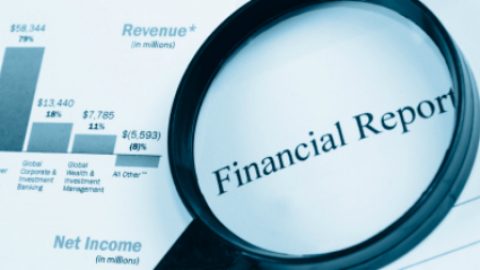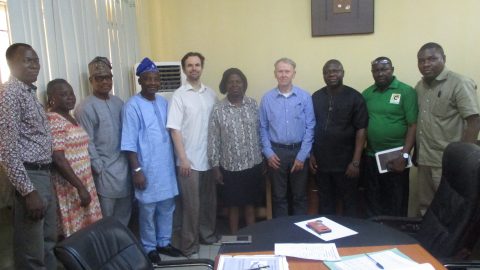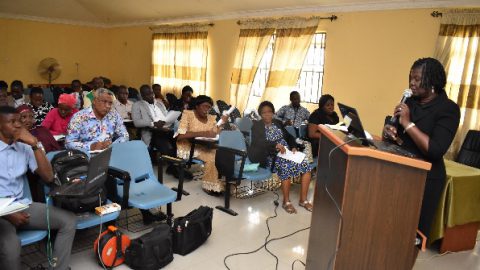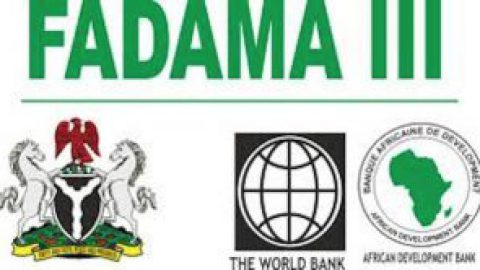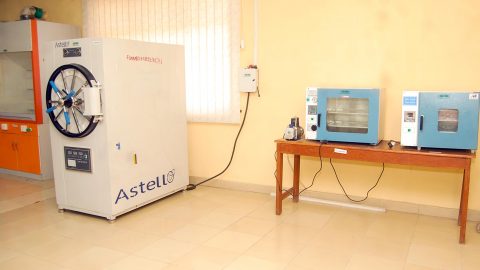Introduction
Nigeria is still generally considered as an agrarian economy despite the country’s reliance on the oil sector for her revenue This is because as agriculture remains the mainstay of the nation’s economy. It provides about 70 percent of the nation’s population, especially those in the rural areas, with employment opportunities, and acts as a source of food for the nation’s teeming population (Ogen, 2007; CBN, 2010). The fishery subsector plays a notable role in the Nigerian economy as it continuously ranks third after the crops and livestock subsectors which ranked first and second respectively in terms of contribution to the Gross Domestic Product(GDP) (Basseyet al., 2014). Aquaculture, which is the rearing of aquatic organisms including fish under controlled environment for the benefit of mankind, is the fastest growing livestock industry in the world (FAO, 2009; Ozigboet al., 2014). Fish farming is therefore a subset of aquaculture.

